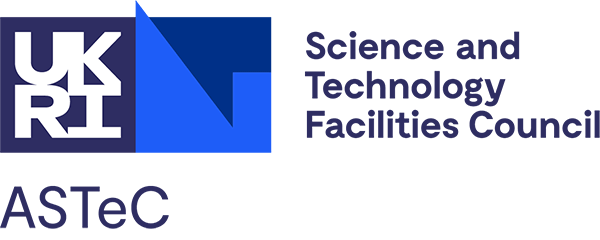
Industrial, medical and security applications
Lorem ipsum dolor sit amet, consectetur adipiscing elit, sed do eiusmod tempor incididunt ut labore et dolore magna aliqua. Ut enim ad minim veniam, quis nostrud exercitation ullamco laboris nisi ut aliquip ex ea commodo consequat. Duis aute irure dolor in reprehenderit in voluptate velit esse cillum dolore eu fugiat nulla pariatur. Excepteur sint occaecat cupidatat non proident, sunt in culpa qui officia deserunt mollit anim id est laborum.
Lorem ipsum dolor sit amet, consectetur adipiscing elit, sed do eiusmod tempor incididunt ut labore et dolore magna aliqua. Ut enim ad minim veniam, quis nostrud exercitation ullamco laboris nisi ut aliquip ex ea commodo consequat. Duis aute irure dolor in reprehenderit in voluptate velit esse cillum dolore eu fugiat nulla pariatur. Excepteur sint occaecat cupidatat non proident, sunt in culpa qui officia deserunt mollit anim id est laborum.
Lorem ipsum dolor sit amet, consectetur adipiscing elit, sed do eiusmod tempor incididunt ut labore et dolore magna aliqua. Ut enim ad minim veniam, quis nostrud exercitation ullamco laboris nisi ut aliquip ex ea commodo consequat. Duis aute irure dolor in reprehenderit in voluptate velit esse cillum dolore eu fugiat nulla pariatur. Excepteur sint occaecat cupidatat non proident, sunt in culpa qui officia deserunt mollit anim id est laborum.
Stats
FAQs
How to access / apply
Researchers and industry partners interested in using VELA can apply via STFC’s user access programmes. Options include:
- Pay-as-you-go beamtime
- Staff-assisted beamtime with data collection and analysis support
- Collaborative projects with academic and industrial partners
- Rental of radiation enclosures for specialized experiments
EU Horizon 2020 ARIES programme offers fully funded access for eligible non-UK users.
What applications does VELA’s flexible, high-quality electron beam support?
- Direct electron beam usage for sterilisation, polymer processing, and rheological modification
- Photon generation for medical imaging and security applications
- Development and testing of accelerator components like RF structures and magnet systems
- Technology innovation in beam diagnostics, femtosecond timing, and synchronisation
- Shielded area experiments including source verification and radiation testing
VELA provides unparalleled beam tuning, stability, and experimental adaptability to accelerate technology development from prototype to market.

